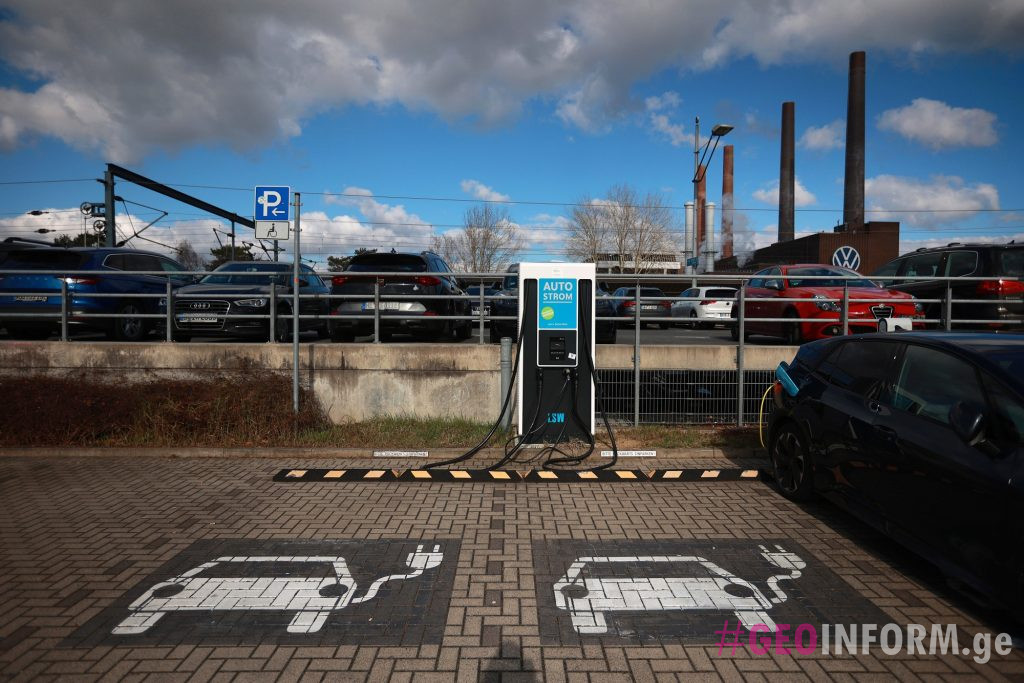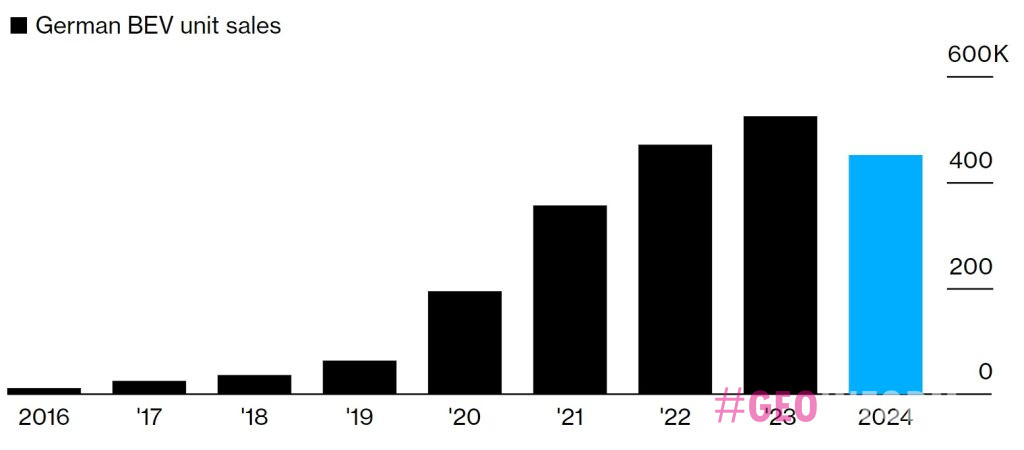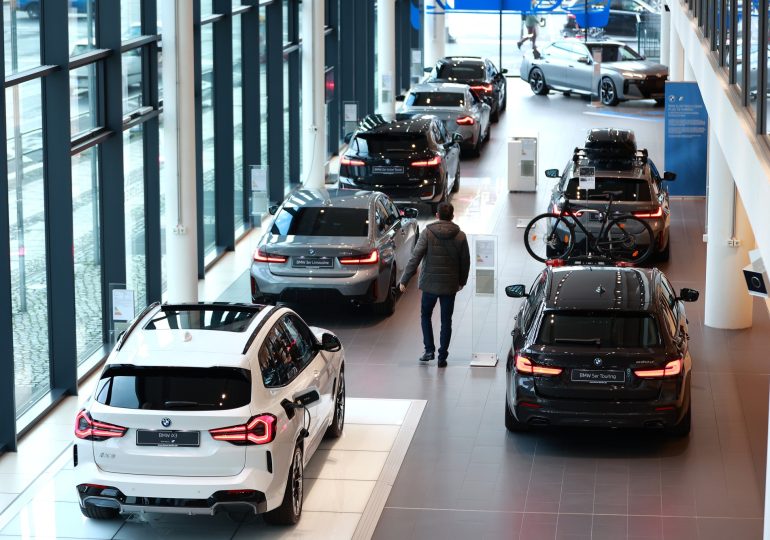Germany's dream of 15 million electric vehicles is fading as, without subsidies for electric vehicles, the country's demand is expected to fall by 14% this year. Even BMW and VW are scaling back their ambitions in the electric vehicle market.
Даже такие автопроизводители, как Audi и VW, сокращают свои амбиции на рынке электромобилей. На новогоднем приеме ассоциации автомобильной промышленности в Берлине министр транспорта Германии Фолькер Виссинг подчеркнул важность “technological openness” для сокращения выбросов от автопрома. Однако прогноз падения спроса на электромобили ведет к тревоге среди политиков и руководителей отрасли.
Read also: How prices have changed in Georgia in 2023
BMW CEO Oliver Zipse, who has long supported a flexible strategy to produce cars with different engine types, now sees his cautious strategy in a less favorable light. With EV adoption slowing and demand for plug-in hybrids reviving, his approach appears smarter, despite criticism for not doing enough to challenge the EV leaderTesla Inc.
Demand for electric vehicles in Germany in 2024 has become a concern
Demand for electric vehicles in Germany in 2024 has become a concern. The upper end of the electric vehicle market is saturated, while the lower end suffers from a lack of offers in the price category up to 25,000 euros, says Jan Burgard, head of the automotive consultancy Berills Strategy Advisors.
Read also: Tourists in Japan bring Instagrammers and trash
After several years of rapid growth in electric vehicle sales, it has become increasingly difficult to market electric vehicles. A lack of proper government incentives for EV manufacturers in Europe and reduced support in the US mean demand for EVs is declining. Despite the emergence of new models and leasing options, charging infrastructure and high prices remain barriers to widespread adoption of electric vehicles.
In Germany, demand for electric vehicles is expected to decline by 14%
Sales of electric vehicles are expected to fall by 14% in Germany due to the removal of government subsidies, the first decline since 2016, according to lobby group VDA. At the same time, the world is seeing a general decline in forecasts as electric vehicles remain less affordable compared to similar models with internal combustion engines, despite the price war started by Tesla.
Transport Minister Volker Wissing in his remarks drew attention to the importance of developing charging infrastructure to support the electric vehicle market in Germany, emphasizing the importance of this aspect for the future development of the industry.
Read also: Prices for utilities in Georgia in 2024
Berlin is lagging behind amid ambitious plans to develop charging infrastructure for electric vehicles. Although Transport Minister Volker Wissing has announced plans to invest €6.3 billion in nationwide infrastructure by 2030, implementation of the plan has been slower than expected. By September last year there were only about 105,000 operational public charging stations in Germany, far from the stated target.
Germany will have to significantly increase the pace of installation of charging stations

Germany will have to significantly increase the pace of installation of charging stations if it wants to reach its EV target by 2030, according to the VDA. However, the question remains as to who will pay for this infrastructure.
At the VDA event, politicians and auto industry representatives acknowledged that charging charges are key to stimulating interest in electric vehicles, but the question of who should bear the financial cost of expanding infrastructure remained unresolved. According to analysts Deutsche Bank, rising electricity prices have further reduced demand for electric vehicles.
Germany expects first drop in electric vehicle sales in eight years
Forecasts show Germany is set to see its first fall in electric vehicle sales in eight years, with deliveries of all-electric vehicles slumping by 14% in 2024. This threatens the government's ambitious goal of putting 15 million electric vehicles on the road by 2030.
Read also: Stagnation of the Batumi real estate market in autumn 2023
As of November, only 2% of all cars on German roads were fully electric. Automakers including Volkswagen Audi are responding to the slowdown in electric vehicle growth by cutting EV lineups and backtracking on some plans.
A long-term decline in electric vehicle sales could undermine investment in the industry.

Difficulties in EV adoption could lead to a long-term decline in EV sales, undermining investment in the industry and creating challenges to complying with emissions regulations. At the same time, delaying the transition to electric vehicles encourages drivers to use their old cars longer, which does not improve the environmental situation.
BMW chief Oliver Zipse has raised concerns about the availability of charging infrastructure in a few years' time, highlighting the challenges facing the electric vehicle industry.













